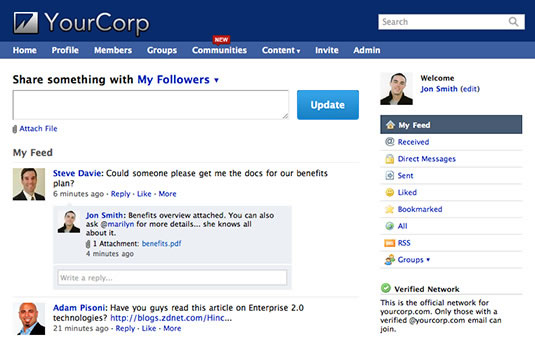
Another Friday, another fistful of linkitude.
- Digital Workplace Leader – a fun looking job going at Thanet District Council. “The digital workplace leader will be an experienced professional who leads the effort to create a work environment that exploits digital trends and encourages digital dexterity through the adroit use of technology. The goal is to improve employee agility and engagement so that Thanet District Council can profit from changing business models and improved workforce effectiveness in order to achieve its organisational goals.” If you get it, good luck in getting all that done in the year the job lasts for (!).
- ‘I don’t know how to use a computer!’: the stories of our most dangerous public servants – this story from Leah Lockhart got a lot of Twitter attention and rightly so. Hard not to laugh at this stuff at times, but of course it is in fact a complete disgrace. Wearing your ignorance as a badge of honour is never cool.
- Publishers and the pursuit of the past – there’s nowt so tedious than the future of journalism discussion, but Ben Thompson at least brings in some strategic thinking about business models and incentives that’s worth digging into.
- A networked organisation – Cassie Robinson is on fire at the moment – I feel like she should be given her own slot here every week. Here she articulates what it means to be a networked organisation – and how that differs from the activity ‘networking’.
- Building a digital culture in DWP – another nice list of things that digital cultures look and feel like, this time by Jon Osborn. I do like “less process, more progress” and might start saying it on regular occasions, irregardless of context.
As always, these have mostly all been tweeted during the week, and you can find everything I’ve found interesting and bookmarked here.

